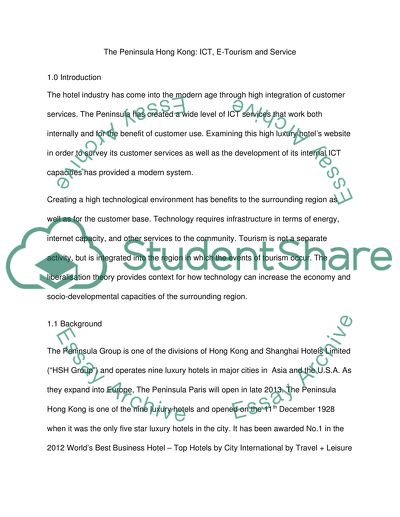Cite this document
(“The Peninsula Hong Kong: ICT, E-Tourism and Service Essay”, n.d.)
Retrieved from https://studentshare.org/tourism/1404178-e-tourism
Retrieved from https://studentshare.org/tourism/1404178-e-tourism
(The Peninsula Hong Kong: ICT, E-Tourism and Service Essay)
https://studentshare.org/tourism/1404178-e-tourism.
https://studentshare.org/tourism/1404178-e-tourism.
“The Peninsula Hong Kong: ICT, E-Tourism and Service Essay”, n.d. https://studentshare.org/tourism/1404178-e-tourism.


